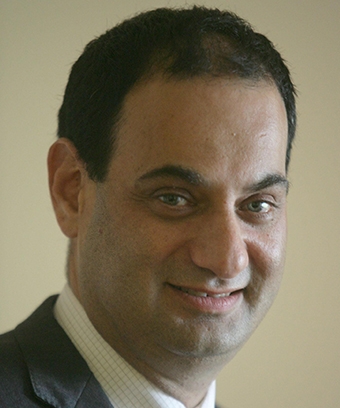
When looking at 2014 I have confidence in predicting the share market rallies of 2013 will continue.
Think how often that Treasury, with all its resources, gets its budget forecasts wrong and then have some pity for pundits like myself who are asked to predict where economies and markets will head next year. Almost inevitably, we will get it wrong.
But not always; last year I was quite bullish on equity markets and fortunately, or perhaps by sheer chance, the bulls have taken charge.
Let me assure you; this doesn’t make me Nostradamus. But it does give me a little more confidence when looking into my crystal ball for 2014 and predicting that the share market rallies of 2013 will continue in 2014 for much the same reasoning as this year.
Not with as much gusto as this year, mind you, but I still expect most will finish ahead of where they ended in 2013. Indeed, Europe and Japan could surprise and outpace the US and Australia, although, it has to be said, off lower bases.
The Australian economy should slow slightly as we continue to come to terms with a retreating mining sector and are still waiting for other sectors, such as retail and housing, to pick up the slack. It’s happening, but without real conviction, and I don’t expect that to change much in 2014.
What’s been encouraging is how Australia has handled the slowdown in the Chinese economy, if at a shade above 7.5% can be said to be slowing. Throw in the fact that “Abeonomics” appears to be working for Japan – our second biggest trading partner – and the outlook doesn’t look quite that bad.
What all of this will mean for the Australian dollar is hard to read, which I had penciled in to weaken in 2013, but not by this much. From the Reserve Bank down everyone seems wants the dollar lower (though I am not convinced it’s best for Australia in the long run) to give our export industries (especially struggling manufacturers) a fillip, but that will probably require the Reserve Bank to cut interest rates and that’s no certainty considering it used its last quarterly report to warn about a property bubble.
The US equity market should continue to rally even though some sit in disbelief of the performance achieved so far in 2013. Much of the news we get from the US revolves around the US federal deficit, and if you make that your focus then you probably need to buy a Leonard Cohen CD and a packet of razor blades.
But take a look at the healthy balance sheets of the big companies, the sectors they cover, appreciate the fact shale oil is providing the US with cheap and plentiful energy, and add in good-old fashioned American entrepreneurship, and I think the signs are the most promising since the GFC for US growth.
It has taken a long time for the world’s biggest economy to pull itself out of the hole, but I suspect that’s because many of us failed to appreciate just how deep it was.
The US still has to come to grips with the removal of quantitative easing, which will almost inevitably cause some volatility, but I expect the Fed to be able to handle the transition without derailing the economy and markets.
As for Europe, I predict its recovery will continue, but at a snail’s pace with growth around 1%. In a continent with such diverse economies, some countries will obviously do better than others with Germany and the UK likely to be the standout performers.
So will my predictions prove as accurate at 2013? Probably not. If I have erred I just hope it’s on the side of caution, because all equity investors would relish the markets to have a repeat performance of 2013.
About George Lucas

He was previously a director of two listed investment trusts, chief investment officer at Mariner Financial, and a senior equities derivatives trader with Citibank and First Chicago in London.
Never miss the stories that impact the industry.